These 4 wearables could save your life
Wearable wonders of the medical persuasion
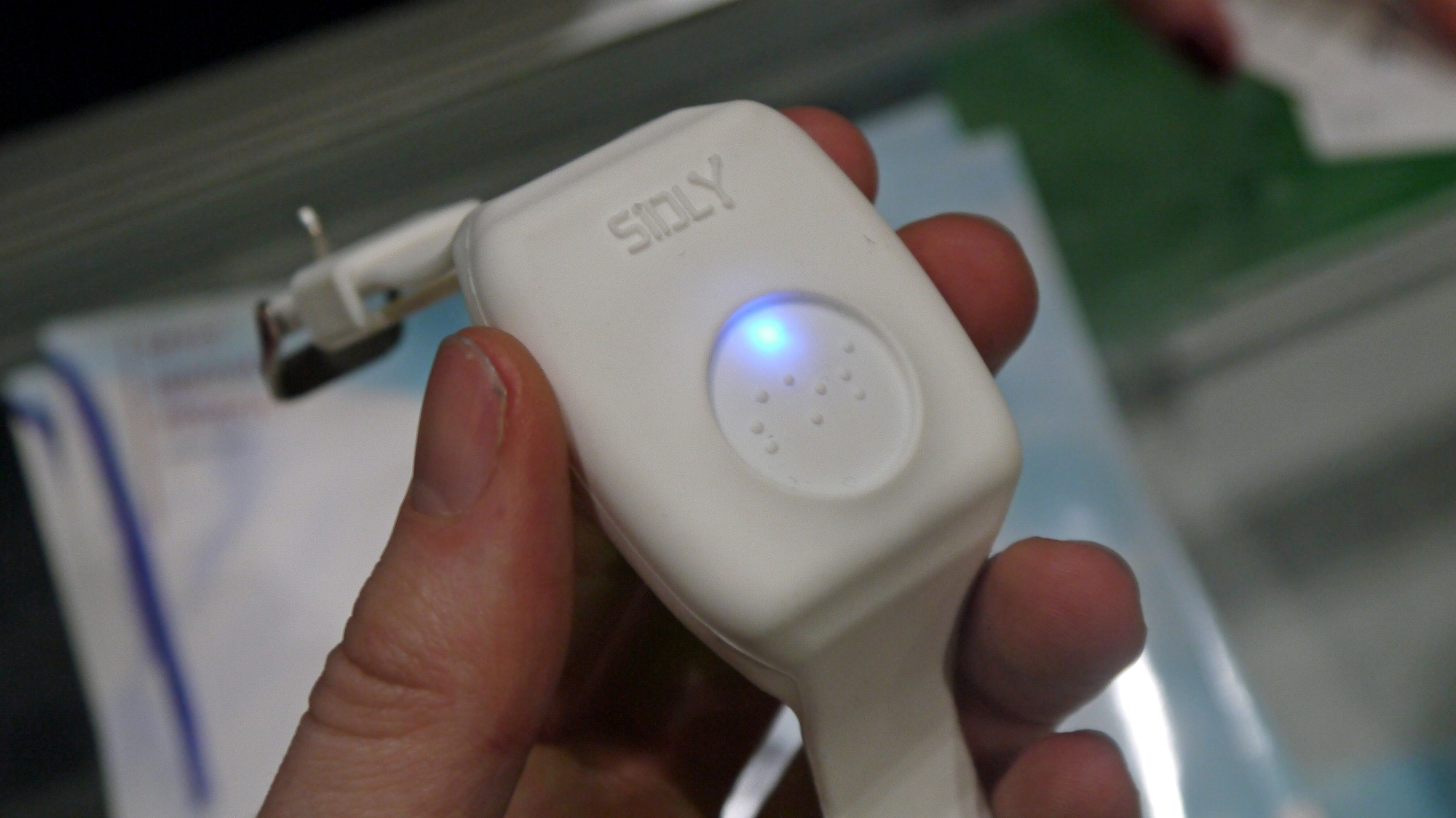
Sign up for breaking news, reviews, opinion, top tech deals, and more.
You are now subscribed
Your newsletter sign-up was successful
Wearables may not be dazzling us just yet with half-baked smartwatches and fitness trackers obsessed with 10,000 steps per day - but it's not all doom and gloom.
There are some brilliant wearables out there - the unsung heroes of the industry that, instead of encouraging you to stand up every hour, or delivering obscene WhatsApp messages to your wrists, they are saving lives.
We were lucky enough to get an insight into these medical wonders at the Wearable Technology Show in London, and here are four of our favorites.
Biolight Pulse Oximeter
Your pulse may seem like a pretty basic attribute to monitor, and with many smartwatches and fitness trackers boasting heart rate monitors these days, you probably think you're already covered.
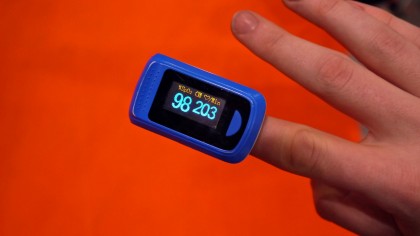
The thing is, they're not medically proven and have questionable accuracy. If you want to get an official reading you'll need to head to the doctors. Not with the Biolight Pulse Oximeter.
This inexpensive (around US$18), lightweight and pocketable finger scanner accurately measures both your heart rate and blood oxygen level, beaming the results to an app on your phone via Bluetooth.
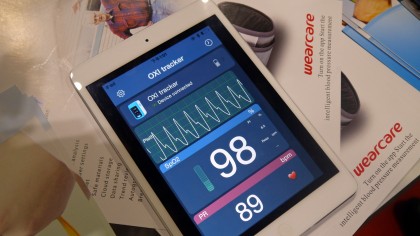
The app is available on iOS and Android, and the results can easily be shared with a family member, caregiver or doctor without them needing to be in the same location - allowing action to be taken quickly if required.
Sign up for breaking news, reviews, opinion, top tech deals, and more.
Sidly Care
The Sidly Care is the swiss army knife of medical wearables. Already approved for us in hospitals across Europe, including the UK, the splashproof silicon band measures a whole host of parameters.
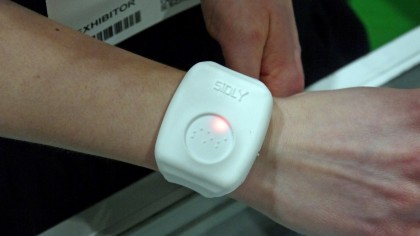
It manages to squeeze in monitors to cover heart rate, temperature, steps, atmospheric pressure, and even a fall detector. Then, there's the lights and sounds to remind patients to take medicine, a Braille-marked SOS button to alert a doctor or nurse in an emergency and a GPS chip to locate a patient in the hospital, or wherever they may be.
All these readings are automatically beamed in real-time, 24/7, wirelessly to the doctor's computer, tablet or phone, allowing them to easily keep tabs on numerous patients at any time.
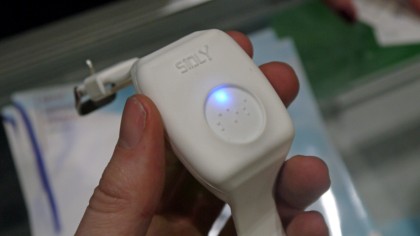
At €300, it's not exactly cheap, and the three week battery could make recharging a hassle, but the benefits are potentially huge.
Activeinsights
Activeinsights bills its wearable lifestyle trackers as "the professional Fitbit". Rather than making sure you hit 10,000 steps everyday, these wearables are about tracking your life.
At their heart, the wearables still gather stock data including steps, exercise sessions, calories, sedentary time and sleep, but it's what Activeinsights does with the data that makes it unique.
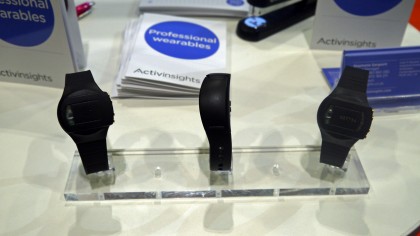
Its various validation methods and algorithms allow it to make sense of the data the wearable collects, which in turn can help medical professionals diagnose and monitor a variety of conditions, including sleeping issues, obesity and diabetes.
One of these trackers costs £200 and boasts a one year battery life, and who knows? Maybe it could help keep you alive for longer.
Cupris Health
Okay, so this isn't a wearable per se - it's actually a couple of mobile accessories bundled into one. They're definitely worth a mention though.
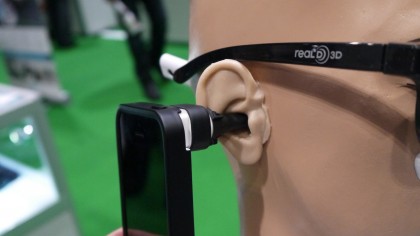
Cupris Health has developed otoscope and ophthalmoscope cases for smartphones, allowing parents and doctors working in remote locations - such as developing countries - to have easy access to some of the most basic, but also useful medical devices.
The otoscope gives insight into your ear canal, while the ophthalmoscope helps get a detailed picture of your eye. Both cases are used in conjunction with an app on the phone, which can take pictures of both ear and eye and this information can then be easily shared with doctors.
The main aim is to enable remote home consultations, where parents use the app to send their doctor the required information including photos and results of a hearing test and diagnosis questionnaire also built into the app. The doctor can then provide feedback on what to do via the app.
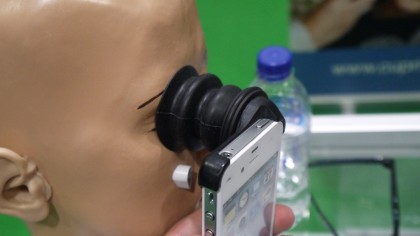

TechRadar's former Global Managing Editor, John has been a technology journalist for more than a decade, and over the years has built up a vast knowledge of the tech industry. He’s interviewed CEOs from some of the world’s biggest tech firms, visited their HQs, and appeared on live TV and radio, including Sky News, BBC News, BBC World News, Al Jazeera, LBC, and BBC Radio 4.